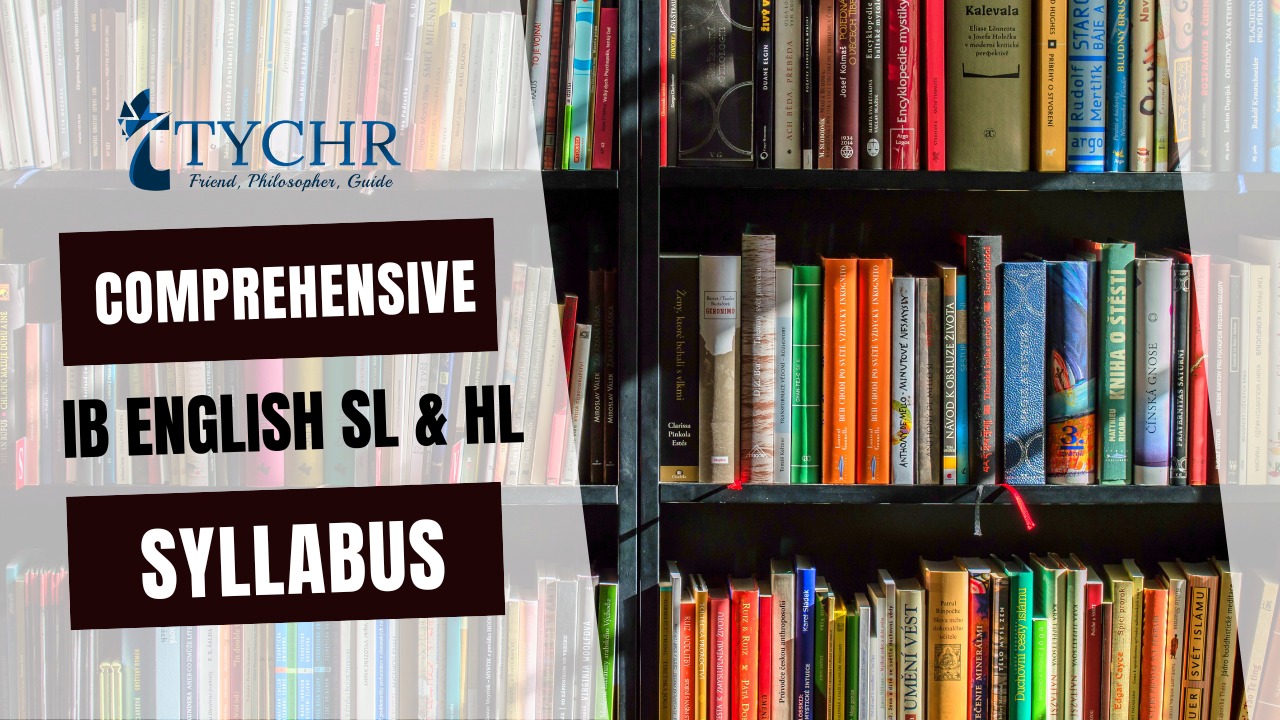Table of Contents
Areas of Exploration
1) Readers, writers and texts:

- Students learn about the basics of the language, literature, and its study in this section.
- In order for students to understand the decisions made by authors and how meaning is conveyed through words, images, and sound, the inquiry is conducted by paying particular attention to the minutiae of texts in a range of genres and literary styles.
- Recognising rhetorical and textual elements and how they influence or produce meaning.
- It is possible to select both literary and non-literary texts that encourage close reading and give students an understanding of stylistic, rhetorical, and literary features in a range of text kinds and literary forms.
Guiding questions:
- Why and how do we study language and literature?
- How are we affected by texts in various ways?
- In what ways is meaning constructed, negotiated, expressed and interpreted?
- How does language use vary amongst text types and amongst literary forms?
- How does the structure or style of a text affect meaning?
- How do texts offer insights and challenges?
2) Time and Space:

- The main focus of this area of research is the notion that language is a social ability and, as such, is entangled with society, culture, and history.
- It examines the various cultural contexts throughout time and location in which writings are produced and read as well as the ways in which texts themselves reflect or refract the outside environment.
- Students will investigate how language can be influenced by cultural circumstances as well as how these circumstances are a result of language.
- Students will look into the various cultural and historical viewpoints that writings can represent and be read from.
Guiding questions:
- How important is a cultural or historical context to the production and reception of a text?
- How do we approach texts from different times and cultures to our own?
- To what extent do texts offer insight into another culture?
- How does the meaning and impact of a text change over time?
- How do texts reflect, represent or form a part of cultural practices?
- How does language represent social distinctions and identities?
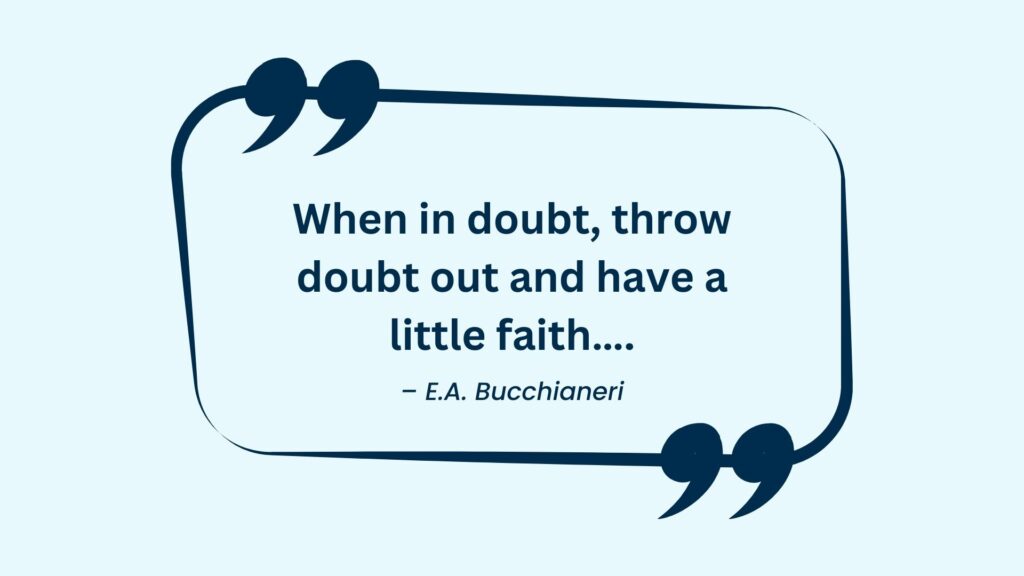
3) Intertextuality: Connecting Texts
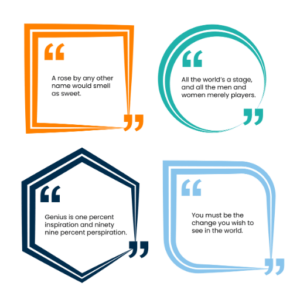
- The intertextuality issues, or the linkages between media, text, and audience incorporating many traditions and ideas, are the main emphasis of this area of investigation.
- In order for pupils to get a greater understanding of both the distinctive qualities of individual texts and complex systems of linkage, it focuses on the comparative study of texts.
- By examining a collection of texts, this section enables a deeper investigation of literary and linguistic issues, examples, interpretations, and readings.
Guiding Questions:
- How do texts adhere to and deviate from conventions associated with literary forms or text types?
- How do conventions and systems of reference evolve over time?
- In what ways can diverse texts share points of similarity?
- How valid is the notion of a classic text?
- How can texts offer multiple perspectives of a single issue, topic or theme?
- In what ways can comparison and interpretation be transformative?
Prescribed Books for Paper 2
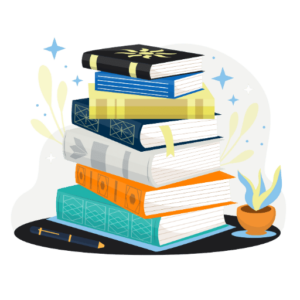
a) Persepolis- Marjane Satrapi
The graphic memoir by Satrapi describes her life in Iran before and during the revolution, as well as in Europe thereafter. The book follows Satrapi’s development in Iran from a little girl who loves punk music to a rebellious, young woman. Growing political unrest in Iran during the 1970s and 1980s, which resulted in the detention and execution of family members who supported liberal causes, as well as the tragic Iran/Iraq War background, are both in the foreground.
b) 1984- George Orwell
George Orwell’s dystopian book 1984, published in 1949, is about Winston Smith, a low-ranking member of “the Party,” who is irritated by the party’s pervasive eyes and its menacing leader Big Brother. Big Brother has complete power over everyone’s life.
c) A Streetcar Named Desire- Tennesse Williams
The play dramatises the experiences of Blanche DuBois, a former Southern belle who leaves her once-prosperous situation to move into a run-down apartment in New Orleans that her younger sister and brother-in-law rented. Blanche DuBois experienced a series of personal losses that led to her leaving her once-prosperous situation.
d) The Great Gatsby- F. Scott Fitzgerald
The third book written by American author F. Scott Fitzgerald, The Great Gatsby, was released in 1925. It chronicles the tragic tale of self-made millionaire Jay Gatsby and his pursuit of Daisy Buchanan, a wealthy young woman he once loved, in Jazz Age New York.
e) Macbeth- William Shakespeare
The Scottish general Macbeth is informed by three witches that he will become King of Scotland. Macbeth, encouraged by his wife, murders the king, ascends to the throne, and then proceeds to kill additional people out of paranoia. There are more casualties as a civil war breaks out to remove Macbeth.
Examinations
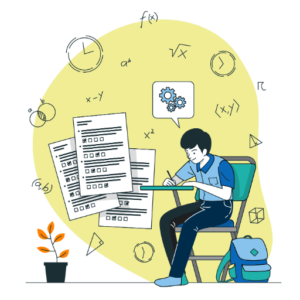
| Assessment | Description |
| Paper 1: Guided textual analysis | Guided analysis of unseen non-literary passages/passages from different text types. |
| Paper 2: Comparative essay | Comparative essay based on two literary works written in response to a choice of one out of four questions. |
| HL essay | Written coursework component: 1,200–1,500 word essay on one literary work or a non-literary body of work studied. |

